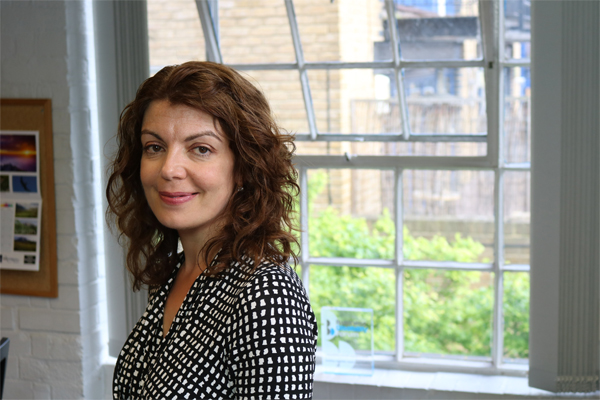Business Disability Forum (BDF) has called on employers and business leaders to “reality check their views of disability” as they plan for the future.
The call came during the annual conference, Disability: What’s New, What’s Next, organised by the UK’s leading non-profit business and disability organisation, which took place last week. The event brought together senior business leaders, leading employers and disability experts to debate how perceptions of disability match up with the reality experienced by disabled employees and customers.
PERCEPTION GAPS
“As leaders, we need to know the reality of what is happening in our organisations if we are to enable everyone to thrive; and that may not be what we think it is. Specifically, we will need to look at the perception gap between how the level of ‘psychological safety’ that senior executives imagine it feels to share a disability or a difference; and how it really feels,” highlighted BDF’s CEO Diane Lightfoot. “Our own findings, as well as research conducted by Business Disability Forum Partner, Accenture, shows that there are multiple perception gaps in organisations. If perceptions are not addressed, it stops disabled staff from pursuing opportunities; and from trusting the wider inclusion agenda within the organisation.”

As we consider how work will change in the future, “we have the opportunity to look a fresh at our organisational cultures. As we do so, we need to engage with disabled people in our workforces and ensure their voices are heard at leadership level”, added Lightfoot. “The issues we are facing now are new for all of us. We need to make sure that the decisions we make are based on the reality of living with a disability; and not on our own assumptions.”
FLEXIBLE WORKING
Lightfoot also commented on the Flexible Working Bill, proposed to Parliament by Tulip Siddiq MP (on 30 June). “Being able to request flexible working from day one of employment reflects the needs of an increasingly diverse and inclusive workforce. It is a welcomed and long-awaited proposal,” she noted.
The challenges of the past year “have been enormous, but they’ve also created opportunities to do things differently. Our people want flexibility, and so we’re embedding different ways of working across our business. If we get this right, we’ll not only be able to keep and develop the great people we already have, but also attract a broader range of top talent going forward”, highlighted Ian Stuart, CEO of HSBC UK Bank; and executive sponsor of HSBC’s global Ability Employee Network.
INCLUSIVE & SUSTAINABLE BUSINESS
“Disability comes in many different forms and will likely affect all of us in one form or another at some point in our lives. One in 15 of our colleagues have shared with us that they have a disability, and one in 10 have identified themselves as carers,” added Stuart. “We want HSBC to be a place where people of all abilities are valued and able to reach their full potential, and where all our customers feel comfortable and supported when banking with us. We know that a diverse and inclusive workforce makes for a good, sustainable business.”
HSBC, sponsored BDF’s annual conference. It also sponsored a series of global reports published by BDF looking at the role of employee trust, organisational culture and leadership in collecting global disability employment data. The global guides are available to view and download for free until the end of July by clicking here.
Check out the latest column from BDF’s CEO Diane Lightfoot, where she reflects on how last year’s events have impacted the workplace disability inclusion agenda, and the results of the Business as (un)usual research. Click here to read more.






































